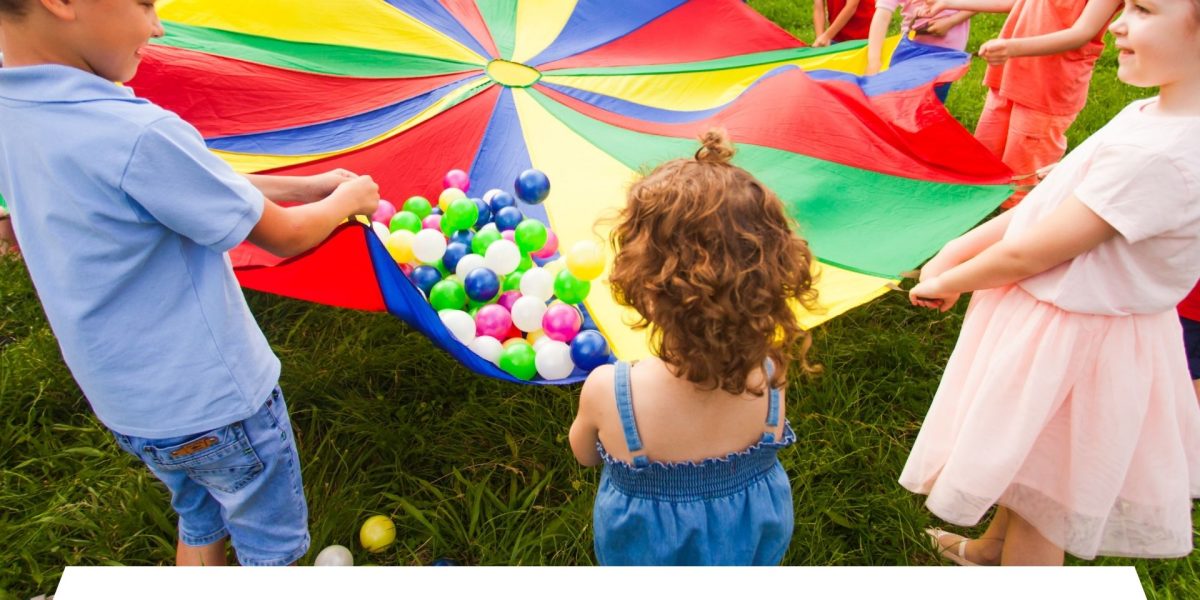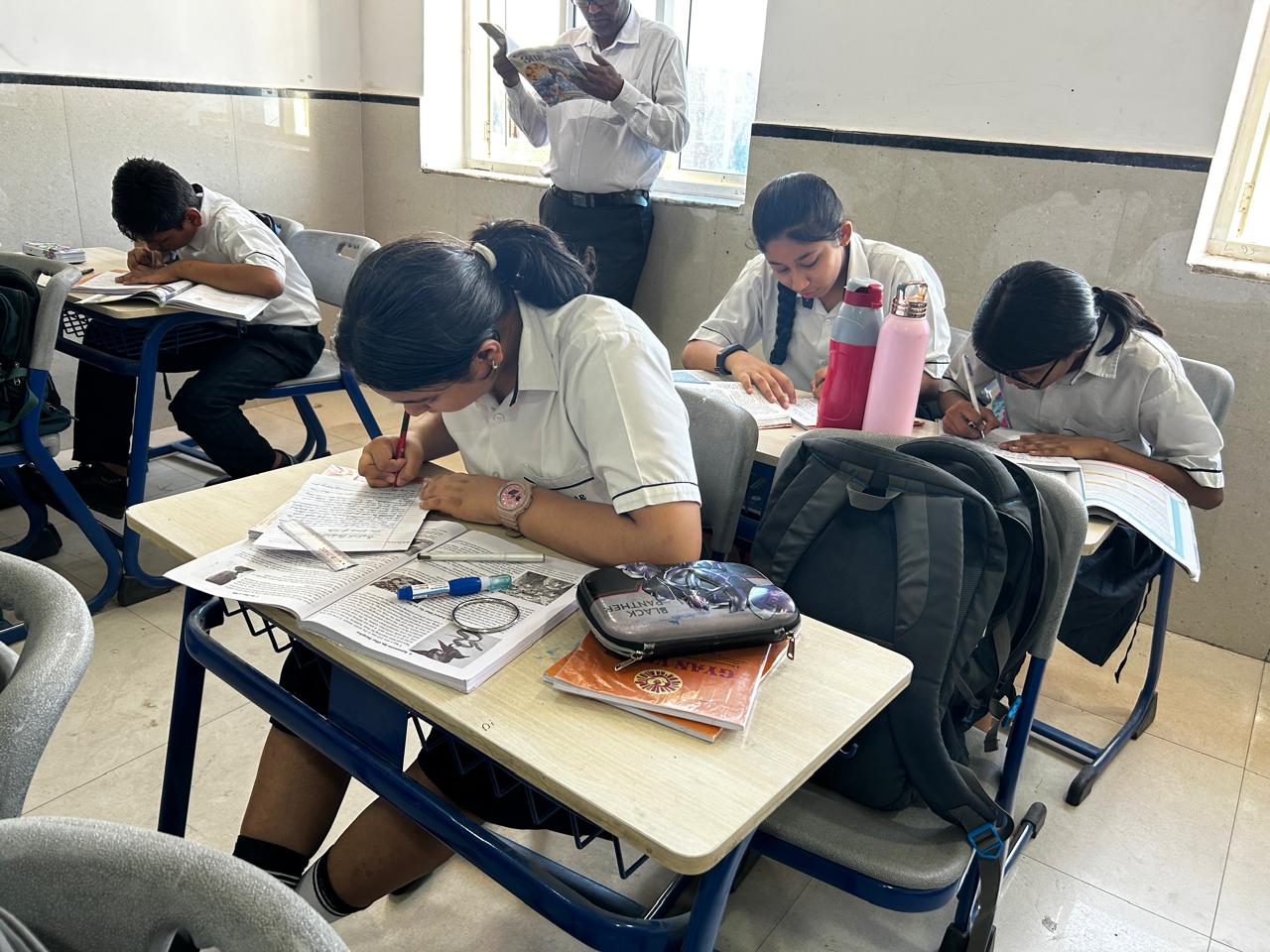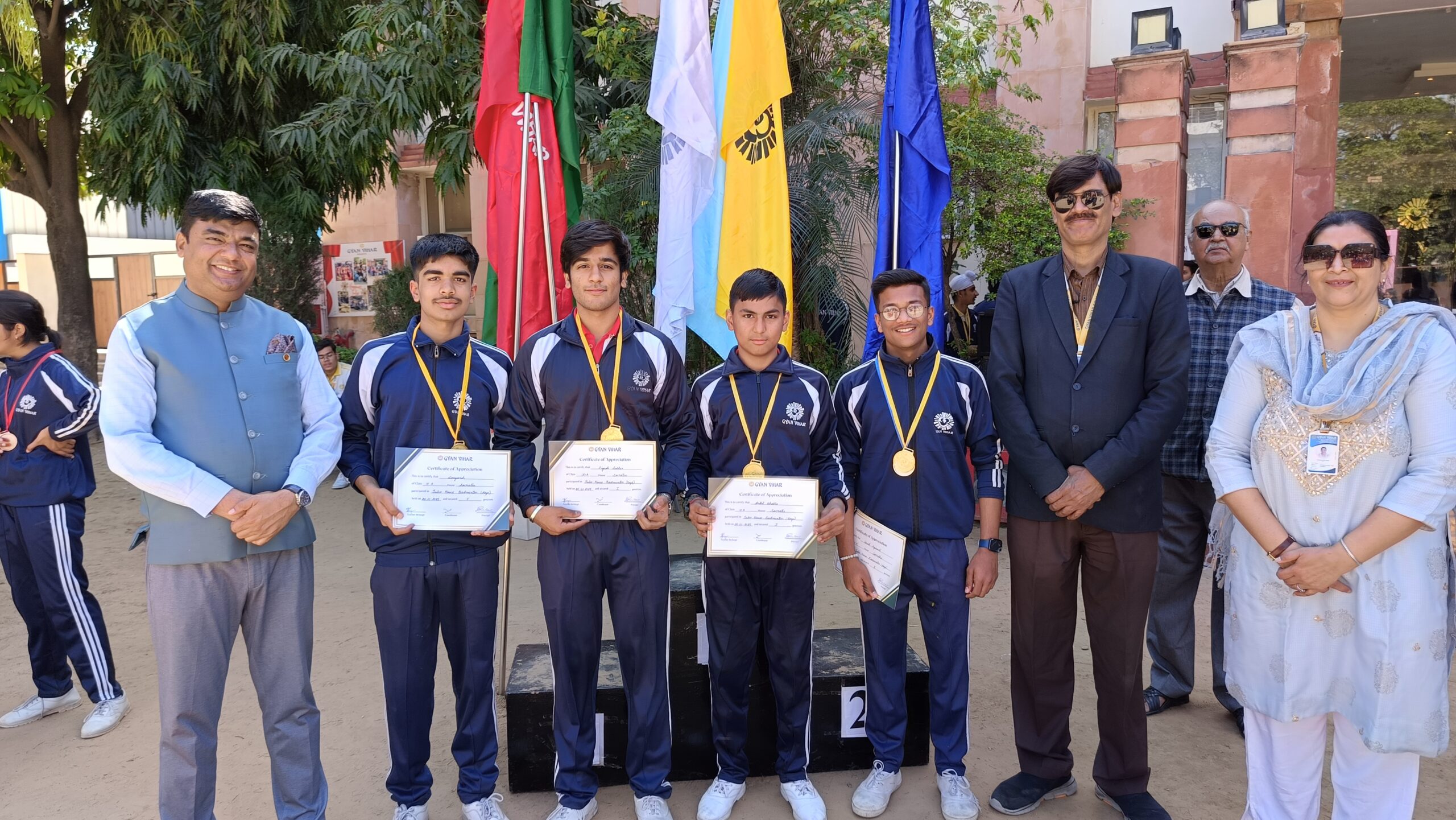Children, with their boundless curiosity, innocence, and unfiltered honesty, are the future of our society. At Gyan Vihar School, a leading CBSE school in Jaipur, we understand the importance of fostering a culture of respect and empathy from a young age. Children’s Day, celebrated on November 14th in India, offers a valuable opportunity to instill these values in the hearts of our students. In this blog post, we’ll explore the significance of Children’s Day, the lessons it imparts, and how it contributes to building a culture of respect in schools in Jaipur and beyond.
The Significance of Children’s Day
Why do we celebrate Children’s Day?
- Children’s Day honors the birth anniversary of India’s first Prime Minister, Pandit Jawaharlal Nehru, who was affectionately known as “Chacha Nehru” or “Uncle Nehru.”
- Nehru’s deep love for children and his belief that they are the future of the nation led to the establishment of Children’s Day as a tribute to his commitment to their well-being.
Nurturing Empathy and Respect
Lessons from Children’s Day:
- Celebrating Childhood: Children’s Day serves as a reminder to celebrate the joy, innocence, and potential of every child.
- Fostering Inclusivity: It promotes the idea that every child, regardless of their background or abilities, deserves love, care, and equal opportunities.
- Empathy Education: Schools use this occasion to teach students about empathy, kindness, and the importance of respecting others.
- Encouraging Creativity: Children’s Day often involves creative activities, arts, and crafts that nurture a child’s imagination and self-expression.
Building a Culture of Respect
How Children’s Day contributes to a culture of respect:
- Respecting Differences: It teaches children to embrace diversity and appreciate the unique qualities of each individual.
- Valuing Each Voice: Children are encouraged to express themselves, fostering an environment where every voice is heard and respected.
- Peer Relationships: It emphasizes the significance of healthy, respectful relationships among peers.
- Empathy and Compassion: Children’s Day activities often involve acts of kindness and charity, instilling a sense of compassion.
- Conflict Resolution: It provides an opportunity to teach conflict resolution skills and the importance of addressing differences peacefully.
Children’s Day Celebrations in Schools
How we can celebrate Children’s Day:
- Interactive Workshops: Schools organize workshops on various topics, including communication, teamwork, and self-awareness.
- Cultural Performances: Students showcase their talents through music, dance, and drama performances, fostering self-confidence and creativity.
- Outdoor Activities: Physical activities and games promote teamwork and physical well-being.
- Community Engagement: Involvement in community service projects teaches students about giving back and making a positive impact.
- Creative Expression: Art exhibitions and craft fairs allow children to express themselves artistically.
Empowering the Leaders of Tomorrow
The long-term impact of Children’s Day celebrations:
- Children’s Day goes beyond a one-day celebration; it lays the foundation for a respectful, empathetic, and responsible generation.
- It empowers children to become leaders who value diversity, champion inclusivity, and work towards a harmonious society.
Nurturing Tomorrow’s Role Models
Children’s Day celebrations at schools like Gyan Vihar School in Jaipur are not just festivities; they are a profound investment in the future. By instilling values of empathy, respect, and inclusivity from a young age, we nurture children who will go on to become role models, leaders, and agents of positive change.
As we celebrate Children’s Day, let us remember that in the hearts and minds of our children lies the potential to build a world where respect, empathy, and kindness prevail.







